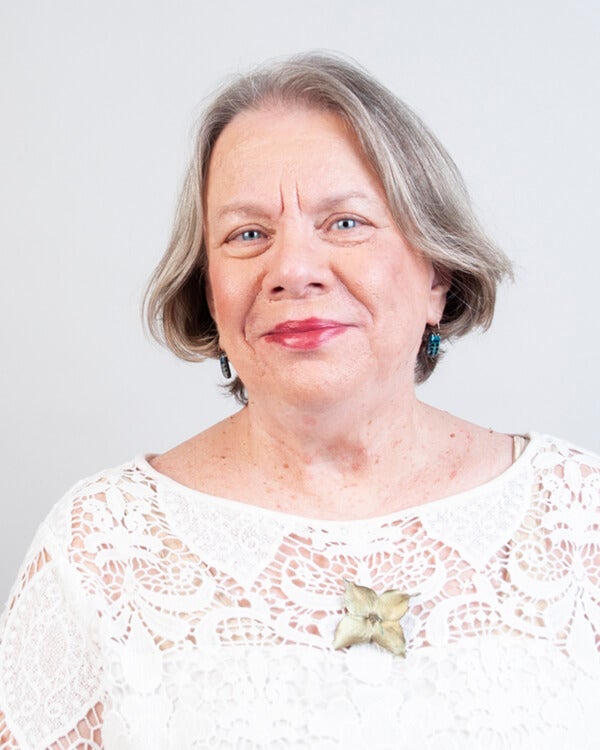Dr. Sarah Ricketts: New 988 Service Can Help Prevent Suicide
August 31, 2022Categories: Bassett News, Behavioral Health
By Dr. Sarah Ricketts:
Most of us know a family who has been touched by suicide. Many of us have been worried about someone who is in an emotional crisis, not knowing what to do or where to turn for help. Now we can dial 988. 988 is the new three-digit phone number that connects people who are suicidal or in an emotional crisis with a trained counselor who can help.
According to research, suicide rates are 55% higher in rural communities than in towns and cities. What’s more, rates are increasing faster in rural areas than in urban areas.
Reasons include higher levels of substance use, easy access and familiarity with firearms, and the scarcity of any rural mental health treatment. Rural youth also have higher rates of alcohol use, leading to more impulsive behavior and risk-taking. As a result, while our state as a whole has lower suicide rates compared to the rest of the country, the rates in rural counties in Central New York are 50% to 100% higher than the rates in Albany and New York City.

The last few years have only made matters worse. National leaders and health professionals alike have been recognizing how hard the pandemic has been on Americans, causing grief, job loss, poverty, stress and new chronic medical problems. As a result, the rates of depression and anxiety have also gone up quickly.
When you call 988, you’ll reach a specially-trained crisis mental health clinician who can provide compassionate, accessible support to anyone experiencing a mental health-related crisis. These can include thoughts of suicide, other intolerable mental health experiences, or a substance use crisis. 988 is a bilingual, 24-7 service, guaranteeing that there is always someone available to help.
The 988 crisis line is similar to but also separate from the nationwide 911 emergency service call number. 911 is designed primarily to summon help in a fire, accident, medical emergency, or crime. If you call 911 and report a mental health crisis, you are connected to the police. Police officers receive basic training in handling mental health emergencies and do their best, but they do not have extensive behavioral health training. They can understandably have difficulty interpreting the behavior of someone who is out of control or paranoid. There have been a number of tragic deaths of people with mental health problems who have been agitated and appeared to represent a threat to police officers. Even when those terrible situations are avoided, police involvement often means that people already experiencing severe distress may be handcuffed and transported unnecessarily to hospitals against their will.
The federal government has invested over $400 million into the development of the 988 number and the creation of over 200 local crisis centers that provide coverage. This is only the beginning.
"The transition to 988 has come to represent a once-in-a-generation opportunity to revisit and re-conceptualize how crisis services are resourced and delivered in communities across the country," says Colleen Carr, director of the National Action Alliance for Suicide Prevention at Education Development Center.
Health care systems and the state and federal governments are realizing that there is no health without mental health, with substantial funds appropriated to develop treatments that meet people’s needs.
So spread the word. Help is just three numbers away – 988!
More information is available from the official 988 information page and the American Foundation for Suicide Prevention (AFSP.org).
